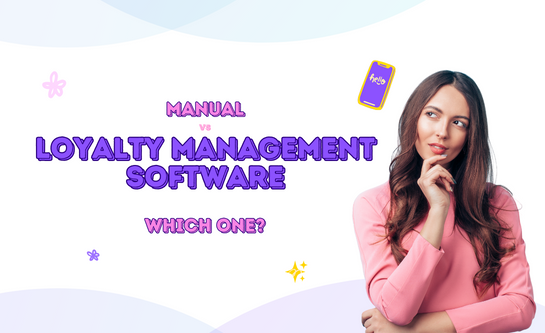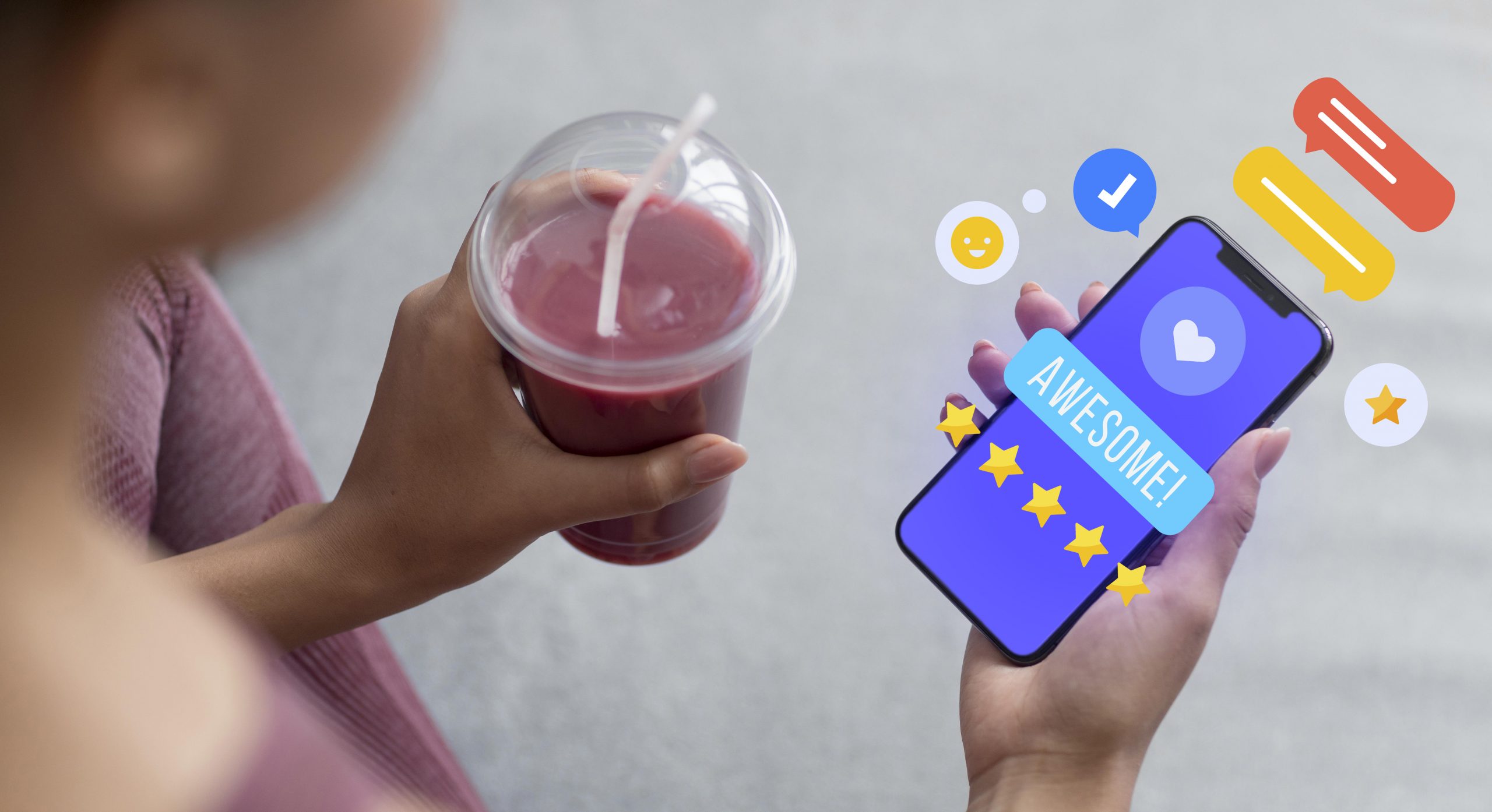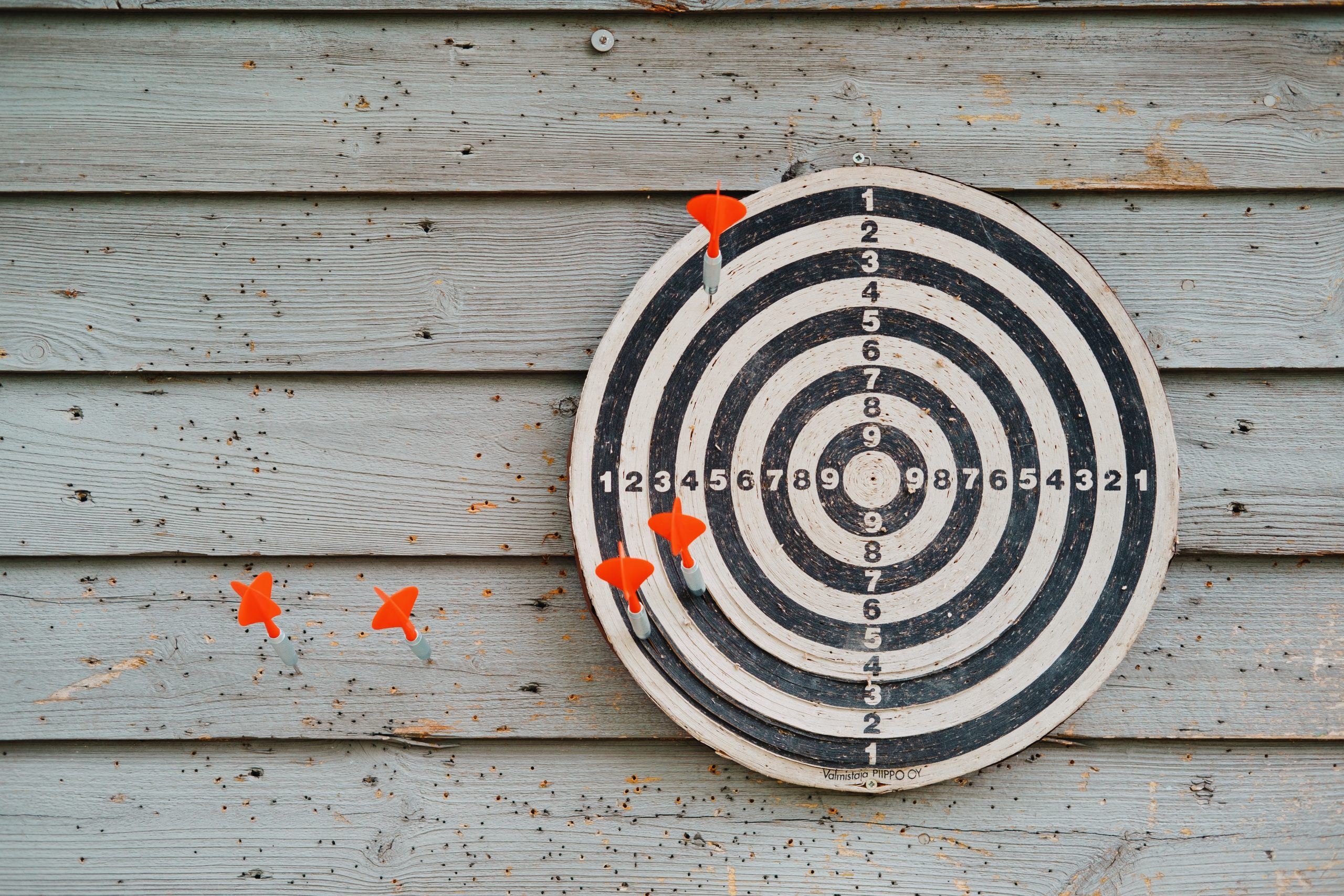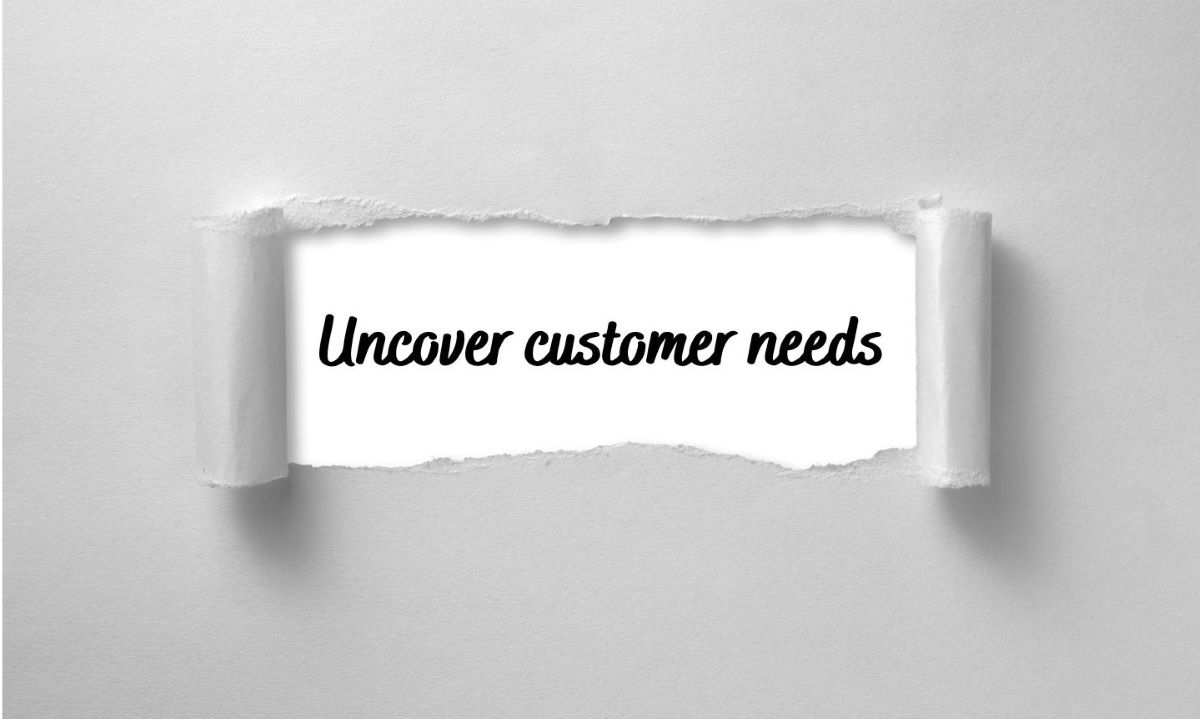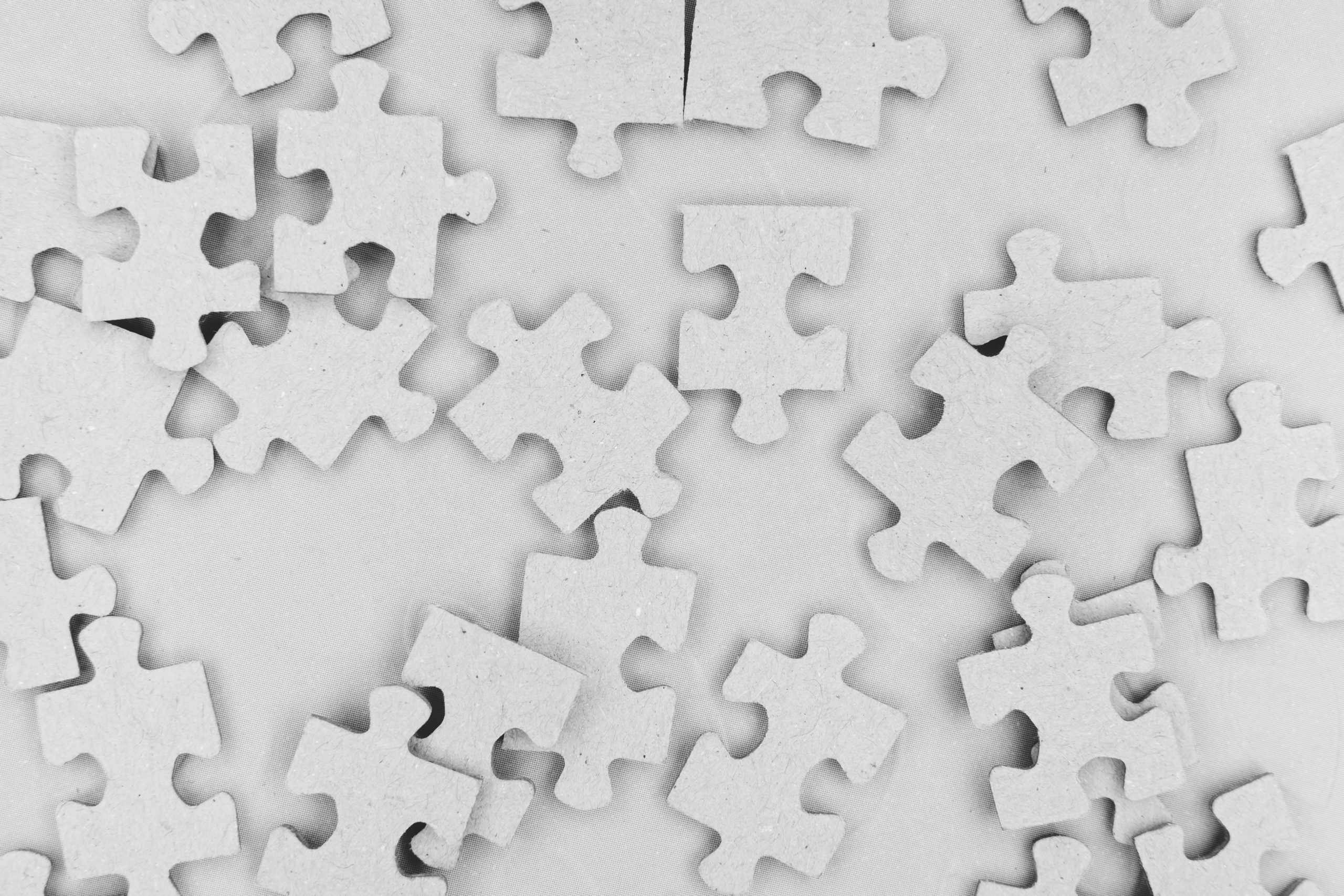Gamification in Loyalty Programs: Boost Engagement and Loyalty
 Dec 04th, 2023
Dec 04th, 2023
 437 views
4 MINS READ
437 views
4 MINS READ
The term “Gamification” initially appeared in 2003 and has since gained increasing worldwide, particularly in areas like marketing, education, and management etc. Today, numerous businesses opt to include gamification into their loyalty programs with the goal of boosting user engagement and enhancing productivity.
Gamified loyalty programs have an incredible potential to keep experience-driven customers engaged for an extended period of time while also fostering relationships and communities among members. By incorporating gamification, you incentivize customers to engage with your brand on a consistent basis, leading to more frequent purchases and providing valuable opportunities for gathering essential customer data.

Benefits of Gamification in Loyalty Programs
1. Increased Engagement
Gamification makes loyalty programs more enjoyable and interactive for customers. By incorporating elements like points, badges, and leaderboards, customers are more likely to actively participate and engage with the program.
2. Enhanced Loyalty
When customers have fun while interacting with a loyalty program, they are more likely to stick around and continue their patronage. Gamification can foster a sense of attachment and loyalty to the brand.
3. Improved Customer Data Collection
Gamified loyalty programs can encourage customers to provide valuable information and feedback. Businesses can use this data to better understand their customers and tailor their offerings accordingly.
4. Higher Customer Lifetime Value
Engaged and loyal customers tend to spend more over time. Gamification can increase the customer lifetime value, as loyal customers are more likely to make repeat purchases.
Read more: How Gamification Can Drive Customer Engagement
How to Implement Gamification in Loyalty Programs
1. Define Clear Objectives
Start by defining the objectives of your loyalty program. What do you want to achieve with gamification? Whether it’s increasing repeat purchases, boosting customer engagement, or collecting valuable data, setting clear goals is essential.
2. Identify Game Elements
Determine which game elements are most suitable for your loyalty program. Common elements include points, badges, levels, challenges, and rewards. Tailor these elements to align with your brand’s identity and customer preferences.

3. Design a User-Friendly Interface
Ensure that the gamified loyalty program is easy for customers to navigate. The user interface should be intuitive, mobile-friendly, and visually appealing. Make it simple for customers to track their progress and rewards.
4. Offer Meaningful Rewards
Gamification is most effective when customers perceive the rewards as valuable and attainable. Provide rewards that are relevant to your products or services, and offer a range of options to cater to different customer preferences.
5. Create Challenges and Milestones
Develop challenges and milestones that encourage customers to take specific actions or achieve certain goals. These challenges can be designed to reflect your brand’s values and mission.
6. Provide Real-Time Feedback
Keep participants engaged by providing real-time feedback on their progress. Let them know when they’ve earned a badge or reached a new level. Celebrate their achievements to make them feel accomplished.
7. Foster Competition
Incorporate leaderboards or competitive elements that allow customers to compare their progress with others. Healthy competition can be a powerful motivator.
8. Listen to Customer Feedback
Continuously gather feedback from participants to improve the gamified loyalty program. Use surveys, social media, or direct communication to understand what customers like and dislike.
Read more: 5 Gamification Strategies to Drive Customer Loyalty
Gamification is a dynamic and engaging way to enhance loyalty programs and build lasting relationships with customers. By infusing elements of fun, challenge, and rewards, businesses can create an environment where customers not only stay loyal but also actively participate in the program. When implemented effectively, gamification can lead to increased customer engagement, improved loyalty, and higher customer lifetime value. So, don’t miss out on the opportunity to level up your loyalty program with gamification—it’s a winning strategy in the game of customer retention.
 Back to blog page
Back to blog page


























